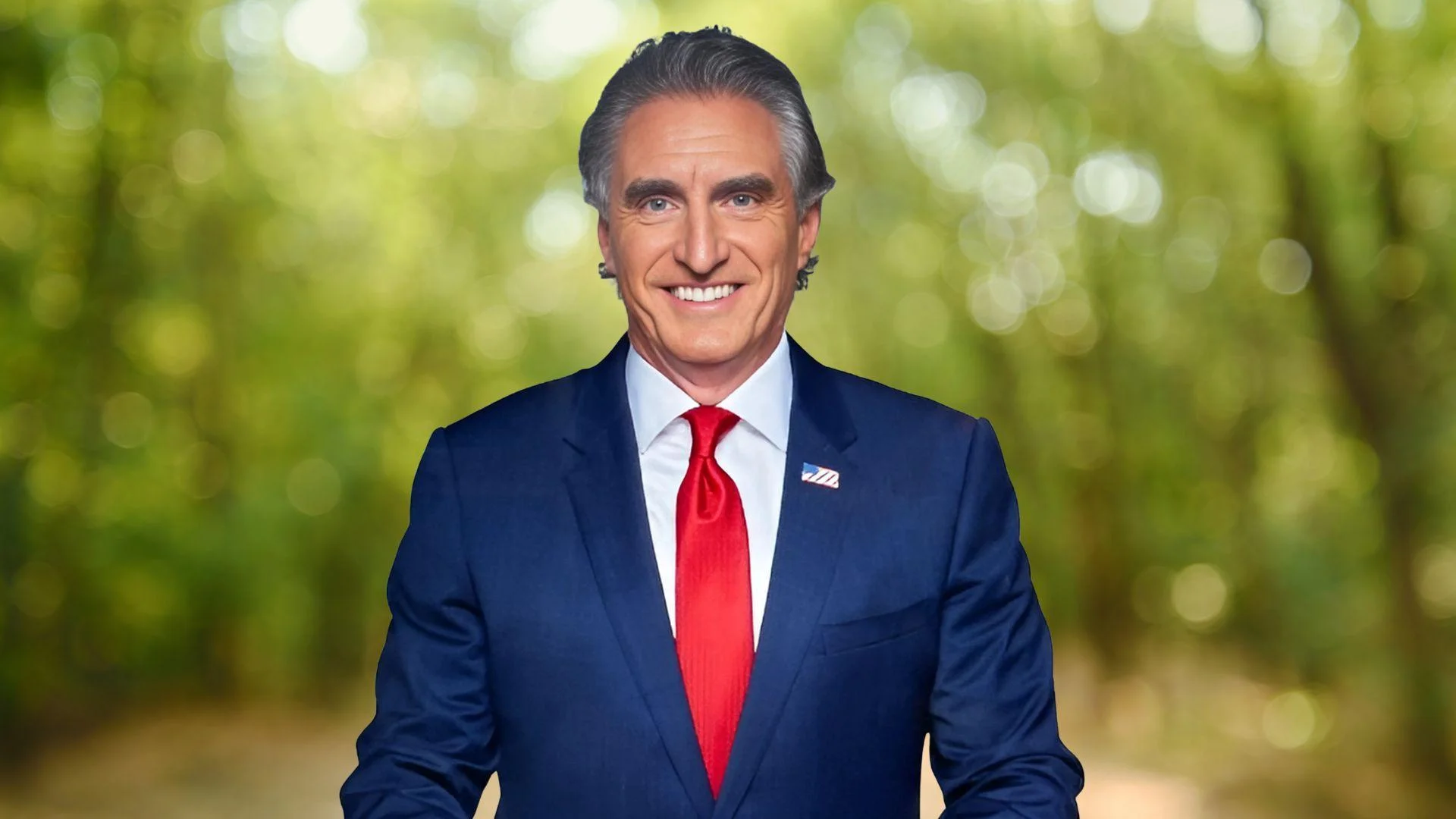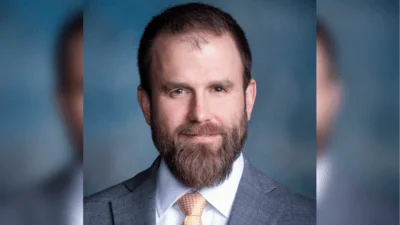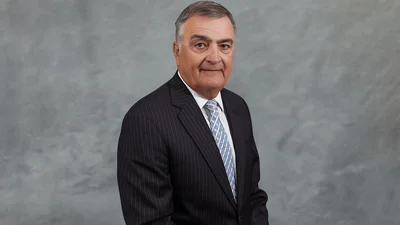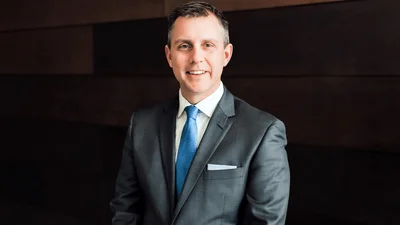Governor Doug Burgum, Former North Dakota Governor | x.com
Governor Doug Burgum, Former North Dakota Governor | x.com
On this day in 2017, former North Dakota Governor Doug Burgum ordered the evacuation of the Oceti Sakowin camp by February 22, citing significant risks to health, safety, and the Missouri River due to flooding. The order was issued via an executive directive on February 15, 2017.
"All persons occupying or residing in the evacuation area are ordered to leave the area no later than 2 p.m. on Wednesday, February 22, 2017," said Burgum. "Environmental hazards, even absent imminent flooding."
According to the Executive Order, unseasonably warm temperatures in early 2017 accelerated snowmelt in North Dakota, increasing the risk of ice jams and flooding. There were concerns about accumulated debris, including human waste, which posed environmental threats to the Missouri River. Cleanup efforts were hindered by continued occupation of the area, prompting urgent action.
The Washington Times reports that after the evacuation of the Dakota Access Pipeline protest camps in February 2017, cleanup crews removed 48 million pounds of garbage and debris from the Oceti Sakowin site. The cleanup effort cost North Dakota taxpayers $1 million and aimed to prevent waste from contaminating the Cannonball River during snowmelt. A Florida-based contractor hired by the U.S. Army Corps of Engineers worked alongside previous efforts led by the Standing Rock Sioux Tribe.
North Dakota went to trial against the federal government seeking $38 million to cover policing costs for the Dakota Access Pipeline protests. The state argued that federal authorities failed to provide support, leaving North Dakota to manage a 230-day response involving 178 agencies and 761 arrests. The pipeline company previously contributed $15 million toward response costs, while the U.S. Justice Department granted $10 million in 2017, according to MPRNews.
According to his LinkedIn profile, Burgum served as the 33rd Governor of North Dakota from 2016 to 2024 before being appointed U.S. Secretary of the Interior in 2025. With a background in business and technology, he has experience in public policy, venture capital, and infrastructure development. Throughout his career, he has focused on energy innovation, economic growth, and rural development.





 Alerts Sign-up
Alerts Sign-up